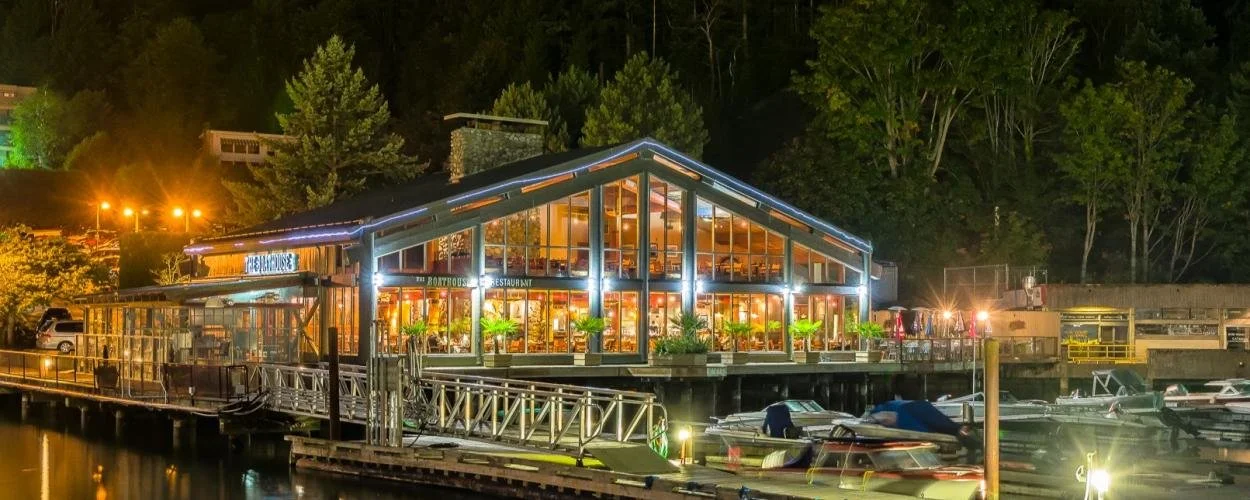Rosario Flamenco guitar legend Victor Kolstee dies at 75, after a lifetime spent spreading passion for the art form in Vancouver
The cofounder of Centro Flamenco and the Vancouver International Flamenco Festival brought Spanish sounds home after meeting his wife, dancer Rosario Ancer, in Madrid
Victor Kolstee. Photo by James O’Mara
Kolstee with wife Rosario Ancer. Photo by David Cooper
FLAMENCO WAS a way of life for Victor Kolstee, who met his wife and built a family around the art form, bringing it to the West Coast. As the artist, who was rarely seen without a guitar, once said, “Flamenco has given me everything—my wife, my kids, my work.”
The music director and cofounder of Flamenco Rosario has passed away at 75, leaving behind dancer Rosario Ancer, their children, Alejandra and Antonio, and generations of followers of the art form in Vancouver and Canada.
Tbe story of his romance with Ancer is the stuff of local flamenco legend. “Victor, amor mío... We found each other once before, we will find each other again in eternity,” she said in the announcement of his death today.
The Hague-born, Vancouver-raised Kolstee fell in love with flamenco guitar as a young man. He once told me in an interview, “Back then, there were hardly any books about it. Most of my information I got from the back of album covers. I saw these pics and it inspired me to go there [to Spain]. And the first time I saw a guy sing, I got goose bumps.”
In the early ‘80s, he travelled to Madrid to learn more about flamenco-dance accompaniment, and it was there that he would meet his wife, playing for classes at the celebrated Amor de Dios school, where the Mexico-born Ancer was a student. The pair married in Madrid in 1982, had their daughter and son, and in 1986 took up residence in Monterrey, Mexico—Ancer’s hometown—establishing a school of flamenco and performing. They returned to Vancouver in 1989 and ignited what slowly grew into a well-established culture of flamenco in the city. Kolstee can take a big part of the credit for that.
Victory Kolstee. Photo by James O’Mara
When Kolstee and Ancer arrived on the West Coast, flamenco was a novelty—as Kolstee liked to joke, it was “something you do in restaurants”. But the pair established their school Centro Flamenco, and it grew along with the form’s popularity, eventually offering everything from introductory to advanced classes and bringing in celebrated guest artists.
Around the same time, the pair founded the Vancouver International Flamenco Festival, now in its 32nd year.
And then working as musical director for the dance company Flamenco Rosario, Kolstee arranged and composed for their original creations and performed as the lead guitarist. He also played for the Vancouver Symphony Orchestra, Arts Umbrella, and participated in numerous festivals. (For an idea of the kind of guitar magic he could conjure with dancers, see the video below of the mesmerizing Quadrilogue Affective, a work from 2015.)
Along the way, he made sure to return to Spain regularly, always eager to keep up on contemporary trends of his art form.
In 1999, Kolstee released tbe album Tocaor, and was also a regular star at music venues, including Chai and Kino Café.
Kolstee was also a passionate photographer, recognized with 50 photographers from around the world by the Salt Spring National Art Prize for his photograph “If Onley Toni,” in 2015. He also had two solo photography exhibitions at Yuko Onley's Visual Space in 2016 and 2019.
The guitarist leaves behind an extended Mexican and Dutch family, as well as grandchildren Sebastian and Romy. In lieu of flowers, the family asks that friends donate to these charities of Kolstee's choice: Heart and Stroke Foundation; BC Cancer Foundation; Vancouver General Hosptial; BC Children's Hospital Foundation.















